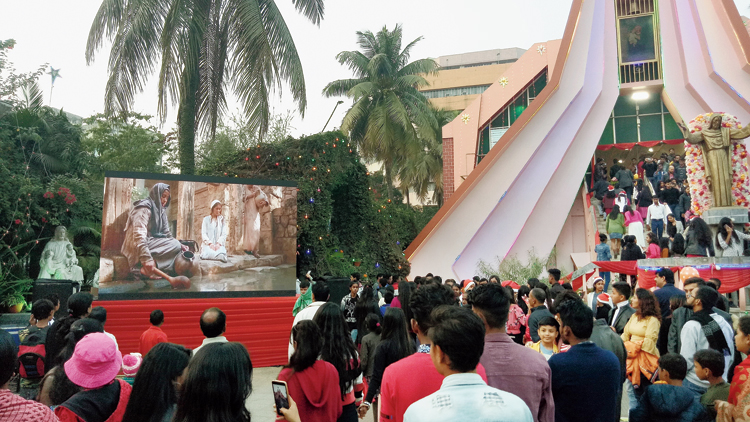The cabinet of the north-eastern state of Assam has approved the Assam Healing (Prevention of Evil) Practices Bill 2024 to curb proselytizing and practices related to faith in healthcare, as well as align proposed anti-polygamy legislation with Uttarakhand’s Uniform Civil Code (UCC).
For Archbishop John Moolachera of Guwahati, who chairs the Assam Christian Forum (ACF), the draft law on “magical healing” is based on “misconceptions” about healing practices and methods, the role of “faith and prayer” in dealing with illness, and fails to respect for religious “diversity”.
On 10 February, the state cabinet approved the bill, ostensibly to crack down on magical and fraudulent healing practices, in the name of people’s health. The proposed legislation would impose jail time and fines on anyone who engages in “illegal” practices.
“Magical healing is a dicey subject used to convert tribal people,” said Chief Minister Himanta Biswa Sarma, who strongly backs the bill.
The premise behind the legislation is to guarantee and uphold the religious “status quo” and “a proper balance” among religions. “Let Muslims remain Muslims, Christians remain Christians, Hindus remain Hindus,” Mr. Sarma said.
In no uncertain terms, the chief minister wants “to curb evangelism in Assam and in this regard, the banning of healing is an important milestone.” In his view, the government is going after faith healers who try to convert tribal people, adding, “We are not targeting any particular religion.”
Biswa Sarma’s remarks have come in for criticism from the Assam Christian Forum (ACF), an umbrella organization that includes various local Christian groups. For the ACF, drawing parallels between magical healing and proselytizing is “misleading”.
With this in mind, ACF chairman Archbishop John Moolachera, ACF Secretary General Rev Chowaram Daimari, and ACF Spokesman Alen Brooks drafted a response.
In a statement, the ACF notes that “numerous dispensaries and hospitals” are “recognized” and operate within medical frameworks providing “essential services to the sick.”
Concerning the place of faith and prayer, the ACF contends that a “universal practice” in all religions is to “invoke divine healing”, which involves the “spiritual dimension” of faith and life and has nothing to do with magic.
Last but not least, religious diversity must be respected and invoking divine blessings is a common practice “in temples, mosques or churches.”
Meanwhile, Christian leaders are disturbed about “threats” from some “fringe” elements to educational establishments and their call for the “removal of Christian symbols” and the introduction of “Hindu worship […] in our schools.”
“Healing, whether through prayer or medical intervention, transcends religious boundaries,” reads the ACF statement. “As Christians, we remain committed to compassionate service, guided by our faith and love for humanity” and “underscore the importance of upholding constitutional rights while fostering an inclusive society.”
